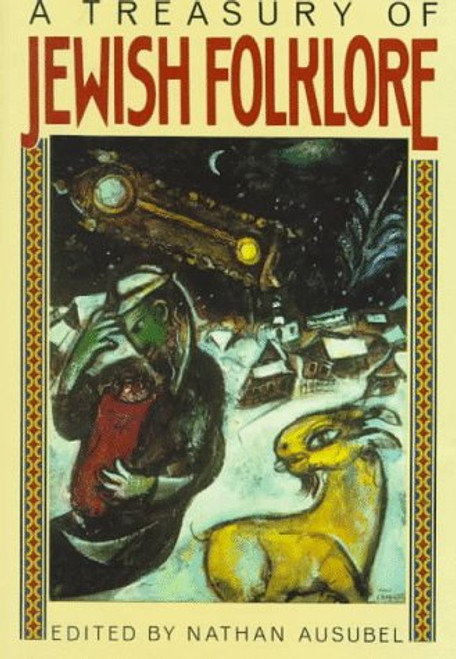No creature has provided man with so much wholesome food as the honey bee. Equally impressive is the number of beliefs and superstitions the industrious insect has inspired. Its honey, which was known to the ancient Greeks as the food of the Gods, played an important role in early religious rites and was also mentioned in the folklore of many peoples. Hilda Ransome's well-documented and copiously illustrated study of bees focuses on this valuable byproduct of nature and its creator the sacred bee.
Chapters cover the folklore of bees and bee culture from Egyptian, Babylonian, Chinese, Hittite, and other ancient sources as well as practices in modern England, France, and Central Europe. Thirty-five plates of rare black-and-white illustrations depict bees, hives, and beekeepers as they appear in ancient paintings and sculpture, on coins, jewelry, and Mayan glyphs; and carved into African tree trunks. Folk stories from Finland and the bee in America are also described.
Hailed by The New York Times as possessing an oddity, beauty, and broad scholarly interest, this unusual book will attract a wide audience nature lovers and folklore enthusiasts included.
Chapters cover the folklore of bees and bee culture from Egyptian, Babylonian, Chinese, Hittite, and other ancient sources as well as practices in modern England, France, and Central Europe. Thirty-five plates of rare black-and-white illustrations depict bees, hives, and beekeepers as they appear in ancient paintings and sculpture, on coins, jewelry, and Mayan glyphs; and carved into African tree trunks. Folk stories from Finland and the bee in America are also described.
Hailed by The New York Times as possessing an oddity, beauty, and broad scholarly interest, this unusual book will attract a wide audience nature lovers and folklore enthusiasts included.








